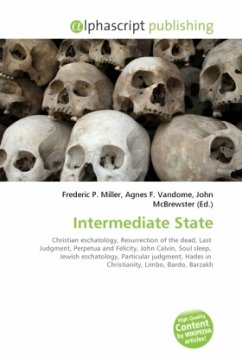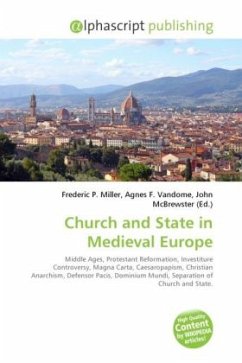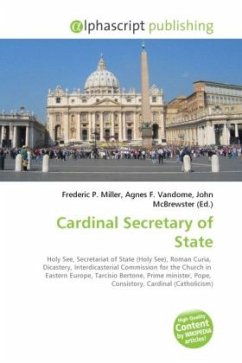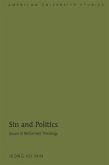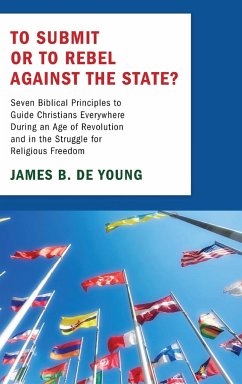In Christian eschatology, the intermediate state or interim state refers to a person's existence between one's death and resurrection. This period is "intermediate" between death and the last judgment. As long as Christians looked for an imminent end of the world, they had little interest in an interim state between death and resurrection. Later, the Eastern Church came to admit of such an intermediate state, but refrained from defining it, so as not to blur the distinction between the alternative definitive fates of heaven and hell. In the West there was much more curiosity about the intermediate state, with evidence from as far back as the Passion of Saints Perpetua and Felicity (203) of the belief that sins can be purged by suffering in an afterlife, and that the purgation can be speeded up by the prayers of the living. Eastern Christians too believed that the dead can be assisted by prayer. East and West, those in the intermediate state have traditionally been the beneficiaries of prayers, such as requiem masses. In the East, the saved are said to rest in light while the wicked are confined in darkness.
Bitte wählen Sie Ihr Anliegen aus.
Rechnungen
Retourenschein anfordern
Bestellstatus
Storno

